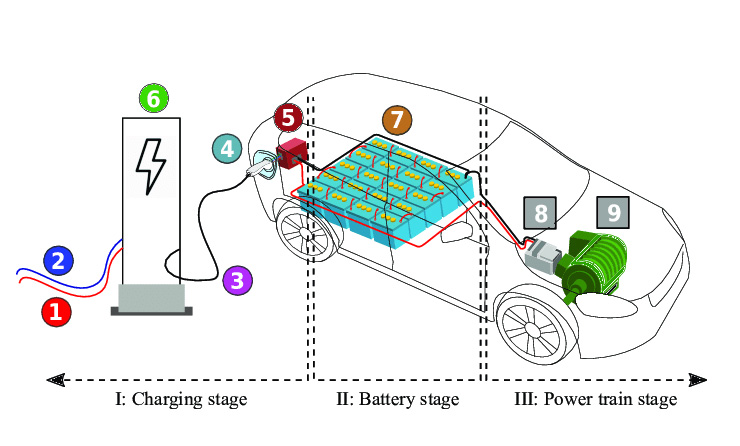A Charging Station Management System (CSMS) is a software platform or system used to monitor, control, and manage electric vehicle (EV) charging stations and networks. It serves as a centralized tool for operators or owners of charging infrastructure to efficiently oversee and optimize the operation of charging stations. Here are key aspects and functionalities of a CSMS:
Monitoring and Control:
A CSMS enables real-time monitoring of charging stations, providing operators with visibility into the status of each charger, including availability, usage, and charging rates. It allows for remote control actions such as starting or stopping charging sessions, adjusting charging rates, and resetting stations if necessary.
Load Management:
CSMS systems often include load management capabilities to optimize the distribution of electrical load among charging stations. This helps prevent grid overloads during peak usage periods and ensures efficient use of available power capacity.
Billing and Payment Integration:
CSMS platforms facilitate billing and payment processes for charging services. They can collect data on charging sessions, calculate costs based on various factors such as energy consumption and time, and integrate with payment systems to handle transactions securely.
Fault Monitoring and Maintenance:
CSMS systems provide alerts and notifications for faults or issues with charging stations, allowing operators to promptly address maintenance needs and minimize downtime. They may also include diagnostic tools to troubleshoot problems remotely.
Reporting and Analytics:
CSMS platforms generate comprehensive reports and analytics on charging station performance, usage trends, energy consumption, revenue generation, and environmental impact. These insights help operators make informed decisions regarding network expansion, pricing strategies, and operational improvements.
Integration with Other Systems:
CSMS can integrate with other systems such as energy management systems, smart grid technologies, fleet management platforms, and mobile applications. This integration enhances overall functionality and interoperability within broader energy and transportation ecosystems.
Security and Authentication:
CSMS systems incorporate security measures to protect data integrity and prevent unauthorized access to charging infrastructure. This includes user authentication, encryption of communication channels, and adherence to cybersecurity best practices.
Overall, a Charging Station Management System plays a critical role in ensuring the reliable operation, efficient management, and financial viability of EV charging networks. It supports the growth and adoption of electric vehicles by providing a seamless and user-friendly charging experience for EV drivers while optimizing operational efficiencies for charging station operators.








